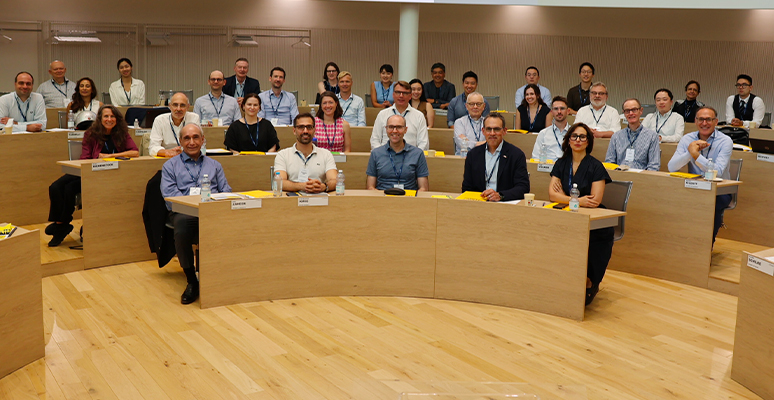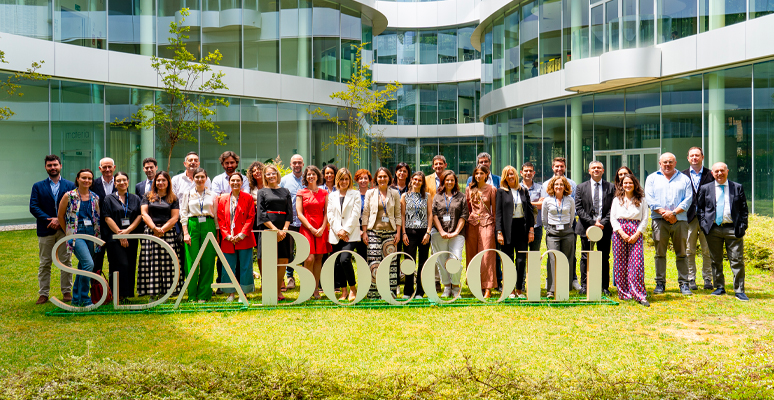Brand experience can now be measured.
SDA BOCCONI SCHOOL OF MANAGEMENT AND AKQA HAVE DEVELOPED AN INDEX BASED ON FIVE DIFFERENT CATEGORIES THAT GIVE A CONCRETE FORM TO THE CONCEPT OF BRAND EXPERIENCE
If we had a penny for every time managers used words and phrases like customer experience, experiential marketing and brand experience, we would all be rich by now. As markets become increasingly competitive, it becomes all the more important for businesses to differentiate themselves from competitors. The quality of the customer’s experience is a clear source of such differentiation. On the other hand, we would struggle to make ends meet if our income depended on the ability of companies to measure the quality of brand experience and the efficiency of their investments in that area. Without such metrics, however, experience marketing is at risk of becoming just another management trend, soon to be forgotten.
A group of researchers at SDA Bocconi School of Management, Michela Addis, Sarah Ghaddar, Chiara Mauri, Giulia Miniero and Renata Trinca Colonel, in collaboration with AKQA, have developed an index that measures the quality of brand experience for customers of B2C businesses as a function of the effect of brand experience on the consumer’s intention to purchase. The tool is known as the BEA or ‘Brand Experience Assessment’. The study was presented at a conference held on Wednesday 17 May at SDA Bocconi.
By means of a three-stage process involving more than 2,500 consumers, researchers were able to isolate the five categories that make up brand experiences.
- Brand honesty. This concept consists of three components: first, the perception of brand authenticity (in terms of being seen as natural, genuine, reliable and so on); secondly, the respect the brand shows for consumers’ privacy in terms of sending only relevant and non-invasive messages; and thirdly, respect for the time that consumers devote to the brand. Such investment in time is treated as being on a par with monetary investment.
- Brand inclusiveness. This refers to the brand’s ability to make consumers feel included, by bringing them into a relationship with the outside world, making them feel part of a community, and involving all of their senses.
- Gratification. This relates to the emotional aspects of the experience – in other words, the ability of the brand to stimulate the imagination, emotions, enjoyment and even happiness.
- Regret. This refers to consumers’ regret about their experience of a brand, a phenomenon that occurs when they feel they have made the wrong decision. Is a perception to be minimised at all costs, primarily through the communication channels that should be activated after the experience.
- Fulfilment. This is the assessment made by consumers of the investment they made in order to interact with a brand. It includes the economic dimension as well as those relating to the time and effort spent.
“The strengths of the index are multi-dimensionality, the fact that it correlates with purchasing intention – one of the benefits that any business can expect to gain from investing in brand experience – and the way it can be easily updated to respond to changing market conditions,” says Michela Addis, who coordinated the development of the study.“ In particular, it provides an oversight of all of the touch points in the customer journey and all points of encounter, from communication and consumption to customer care.”
The next stage of the research programme will involve the development of an assessment tool for identifying the most effective business investments in brand experiences.
Source: ViaSarfatti25
How trust is built in the age of social ...

From learning to impact: how EMMAP transforms ...




